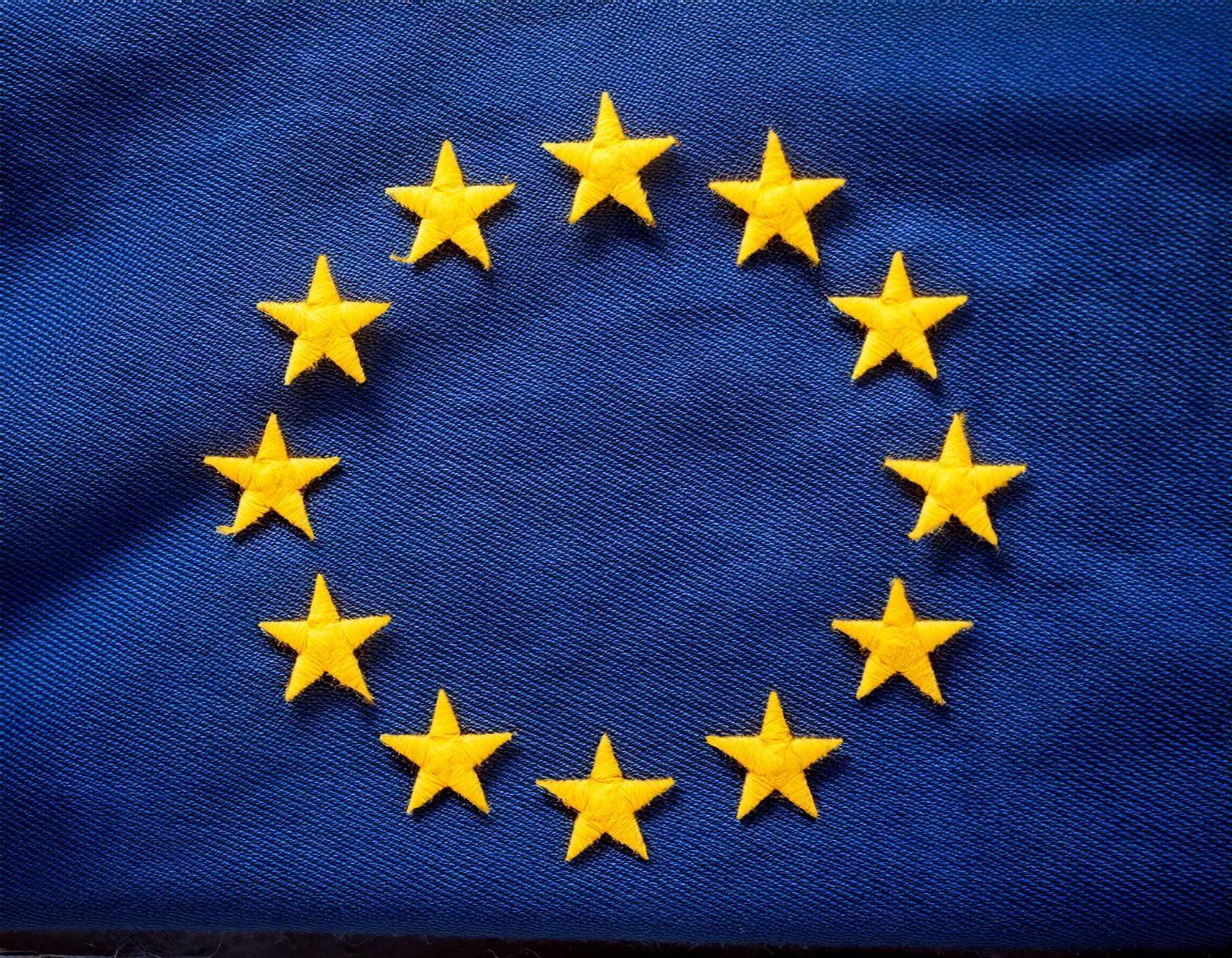In recent years, the European Union has been grappling with a complex issue surrounding cotton production and consumption. As the EU pushes for more sustainable practices in the textile industry, rumors of a potential cotton ban have sparked debates and concerns among stakeholders. However, the reality is far more nuanced than a simple ban.
The Myth of the Cotton Ban
Contrary to circulating rumors, the EU has no plans to implement a blanket ban on cotton. The European Commission has explicitly stated, "There is no EU legislation banning cotton, and there are no plans to ban cotton in the future". This clarification comes as a relief to many in the textile industry, but it doesn't mean the sector is free from upcoming challenges.
The Real Focus: Sustainability and Circularity
Instead of a ban, the EU is focusing on promoting sustainability and circularity in the textile industry through various initiatives:
-
Ecodesign Regulation: Part of the Sustainable Products Initiative, this regulation aims to increase the recycled content in textiles. While specific details are not expected until the end of 2026, it's clear that cotton products will need to incorporate more recycled materials in the future[1].
-
Corporate Sustainability Reporting Directive: From 2025 onwards, large companies will be required to publish reports on their social and environmental risks, including information about pollution, water management, and biodiversity[2].
-
Circular Economy Models: EU policies are encouraging innovative approaches to material sourcing and production processes, which may lead to increased costs throughout the value chain[2].
-
Separate Textile Collection: By January 1, 2025, EU countries will be obliged to collect textiles separately for re-use, preparing for re-use, and recycling[5].
Challenges and Opportunities
The new regulations present both challenges and opportunities for the cotton industry:
Challenges:
- Compliance Costs: Small and medium-sized enterprises (SMEs) may struggle with the costs associated with meeting new sustainability requirements.
- Traceability: Verifying the sustainability of cotton, especially from smallholder farmers in Asia and Africa, can be challenging[2].
- Market Adaptation: The industry will need to adapt to new consumer demands and regulatory requirements quickly.
Opportunities:
- Innovation: The push for sustainability is driving innovation in recycling technologies. For example, Swiss company Säntis Textiles has developed a method to produce 100% recycled cotton[1].
- Market Growth: The European market for sustainable cotton is growing, with sustainable cotton production increasing by over 20% per year[3].
- Consumer Trust: The digital product passport required by the Ecodesign regulation could help consumers make more informed choices, potentially increasing trust in sustainable products[4].
The Way Forward
As the EU continues to refine its approach to sustainable textiles, the cotton industry must adapt and innovate. The focus should be on:
- Developing more efficient recycling technologies
- Improving traceability throughout the supply chain
- Supporting SMEs in meeting new regulatory requirements
- Educating consumers about the benefits of sustainable cotton
By embracing these challenges, the EU cotton industry can position itself as a leader in sustainable textile production, setting a global standard for environmentally and socially responsible practices.
For more information on EU textile policies, visit:
- European Commission: https://commission.europa.eu/live-work-travel-eu/consumer-rights-and-complaints/sustainable-consumption_en
- European Parliament: https://www.europarl.europa.eu/portal/en








